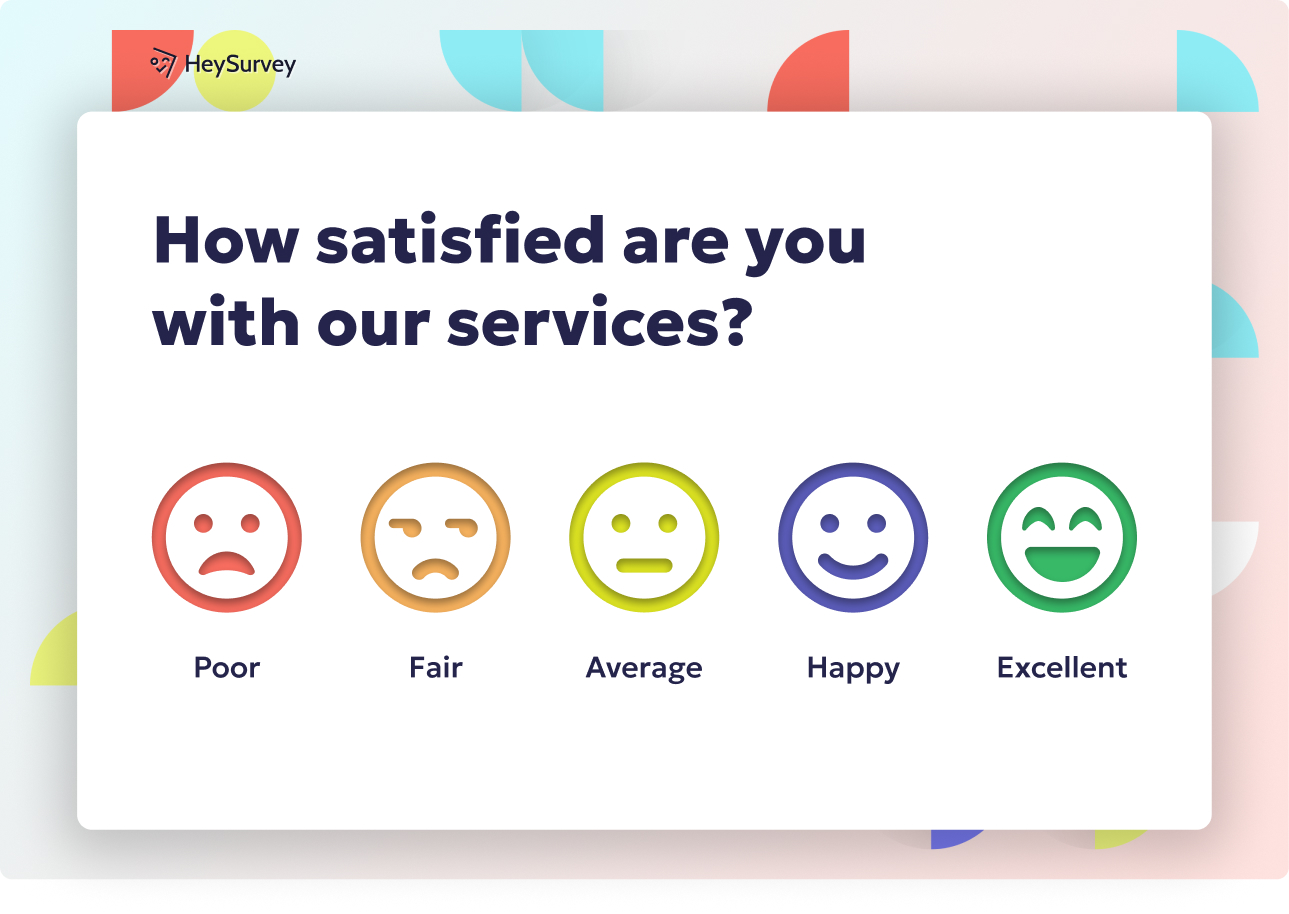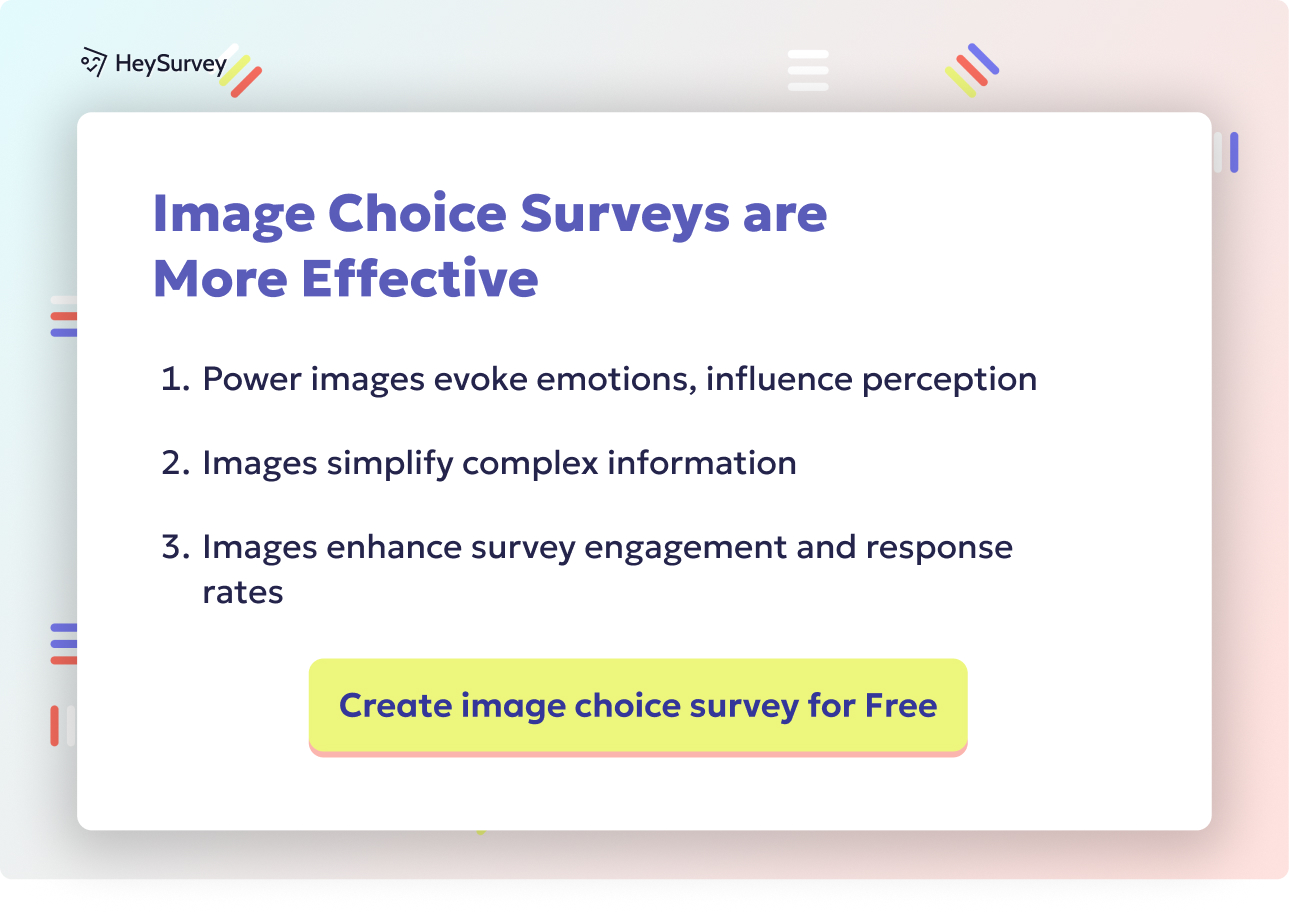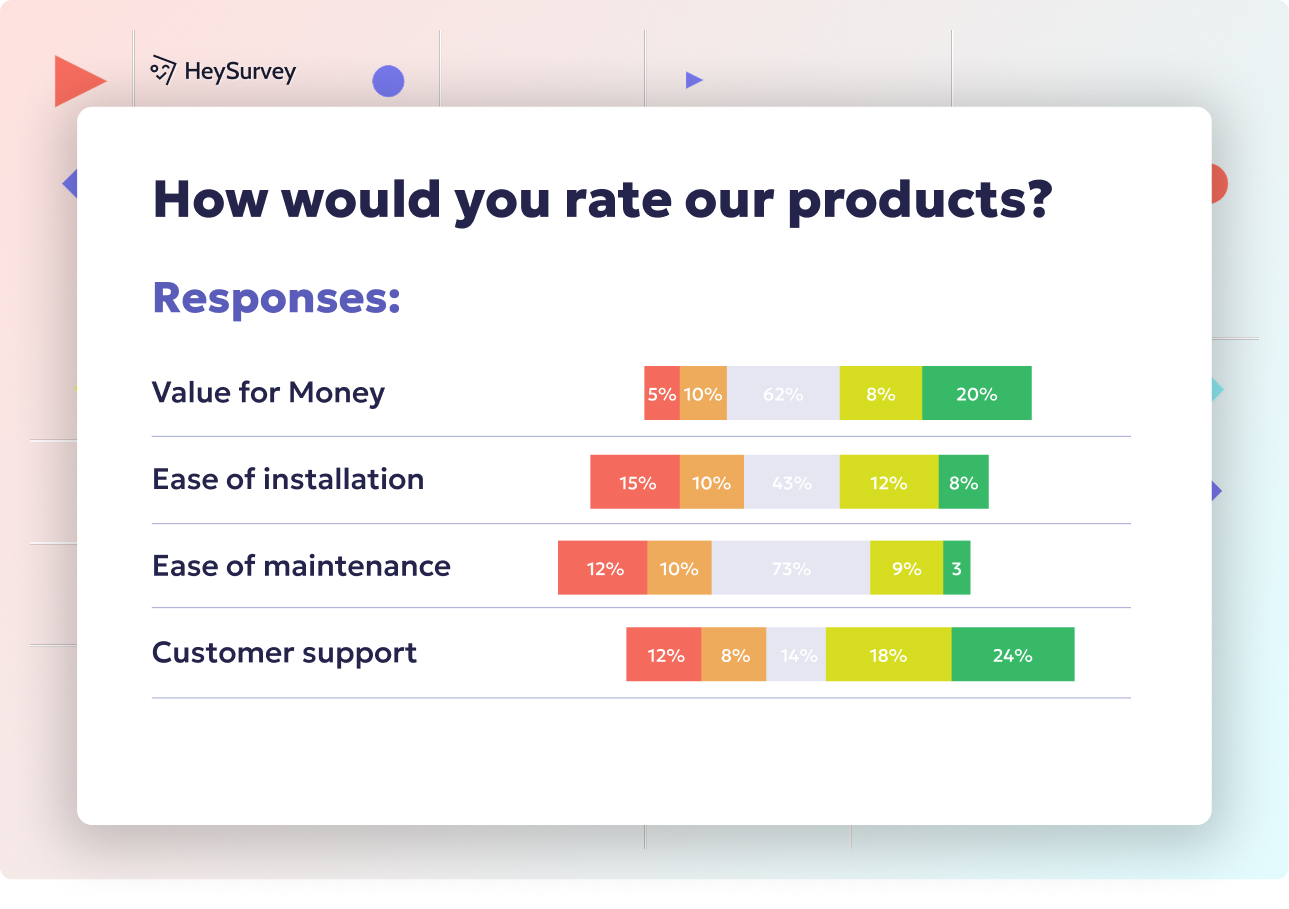32 Salary Survey Questions Examples – The Complete 2025 Guide
Discover 28 salary survey questions example across 8 survey types to collect accurate, actionable pay data for 2025 compensation strategies.
Salary surveys have become an essential tool for employers, HR pros, and curious job-seekers alike. Whether you’re grading your pay structure or plotting your next move, the right questions can turn raw numbers into smart strategies. Different survey types deliver different insights—some boost compliance, others bolster DEI, all help build a strong employer brand. In this guide, you’ll get a playful deep-dive into the eight most crucial salary survey approaches, each tailored for accurate, action-ready pay data in 2025 and beyond.
Demographic Salary Benchmark Survey
Why & When to Use This Survey
Demographic salary benchmark surveys are the workhorses of compensation data. They’re best served when you need a high-level snapshot of how pay differs based on core demographic factors like age, gender, education, and experience. Annual compensation reviews thrive on this data—so do organizations tracking progress toward equity and inclusion.
This survey type shines when you’re preparing a yearly diversity audit, or building out an external salary report for transparency with employees and the public. The insights gained here can spotlight hidden trends and provide a solid foundation for informed compensation decisions. By asking the right questions, you open a window into both market reality and how your workplace ranks among peer organizations.
With these surveys, you can:
- Identify average pay and ranges by key demographic groups
- Flag unexplained pay gaps early before they become a PR nightmare
- Generate data-driven reports for board meetings or annual public disclosures
5 Sample Questions
- What is your highest completed level of education?
- How many total years of full-time work experience do you have?
- Which of the following best describes your gender identity?
- What is your current gross annual salary (before taxes)?
- Which salary range best represents your total variable compensation (bonuses, commission, tips) last year?
Leveraging demographic salary benchmark surveys means you’re proactively managing fairness—and showcasing your commitment to data-backed equity. You’ll be ready for any stakeholder question that comes your way.
Research indicates that salary history bans in the U.S. have significantly reduced the gender pay gap by 2 percentage points, primarily through increased earnings for women. (arxiv.org)

Creating your salary survey with HeySurvey is a breeze—even if you’re new to it! Follow these three easy steps to get your survey up and running in no time. Plus, we’ve added some bonus tips to make your survey shine and work smoothly.
Step 1: Create a New Survey
- Head to HeySurvey and click “Create New Survey.”
- Choose whether you want to start from an empty sheet or pick a pre-built template tailored for salary surveys.
- Give your survey an internal name that helps you recognize it later, like “2025 Salary Benchmark Survey.”
Starting a fresh survey or using a template gives you the perfect launchpad to build from scratch or save time with ready-made questions.
Step 2: Add Questions
- Click Add Question to start adding your salary survey questions.
- Pick the question type—like multiple-choice, scale, or text input—depending on what info you want to gather.
- Enter each question, describe it if needed, and toggle on “Required” if you want to make sure respondents can’t skip it.
- For salary ranges, use single or multiple choice questions with clear numerical brackets for cleaner data.
- To customize the flow, apply branching so certain questions appear only when appropriate; for example, showing bonus questions only if someone indicates they receive bonuses.
Make your questions crystal-clear and easy to answer to boost the quality and quantity of your responses.
Step 3: Publish Your Survey
- When you’re happy with the questions, click Preview to double-check how your survey will look on desktop and mobile.
- Fix any last tweaks then hit the Publish button. Remember, you’ll need to create or log into your HeySurvey account to publish.
- Once published, grab your unique survey link to share via email, post on your website, or embed in any system.
Publishing unlocks the power of real-time results tracking. You’ll be gathering actionable pay data before you know it.
Bonus Step 1: Apply Branding
- Spice up your survey’s look by uploading your company logo via the Branding settings.
- Tweak colors, fonts, and backgrounds in the Designer Sidebar to match your organization’s style.
- This builds trust and makes your salary surveys feel official, professional, and on-brand.
Bonus Step 2: Define Settings
- Use the Settings Panel to set your survey’s start/end dates and limit response numbers if needed.
- Add a completion redirect URL to send respondents to a thank-you page or resource page.
- Choose if respondents can view results instantly or keep them private.
These settings help control your survey’s availability and ensure a smooth respondent experience.
Bonus Step 3: Skip Logic & Branching
- Define branching paths to create personalized respondent journeys based on their answers.
- This keeps your survey tight and relevant, skipping irrelevant questions to reduce fatigue and improve completion rates.
- You can even add multiple endings depending on responses—for example, directing high earners to bonus questions and others to benefits.
Branching turns a standard form into a dynamic conversation tuned to each participant.
Ready to dive in? Click below to open a salary survey template in HeySurvey and get started creating your own accurate, action-ready pay data collector!
Industry & Role-Specific Salary Survey
Why & When to Use This Survey
When it comes to specialized roles or unique industries, one-size-fits-all salary surveys just won’t cut it. Industry & role-specific surveys are built for fine-tuned benchmarking that supports everything from setting pay bands to negotiating union contracts. If your organization spans several technical fields, or if you’re hiring for rare or hard-to-find skills, you absolutely need data that reflects your corner of the market.
Deploy these surveys before annual pay reviews, when negotiating group agreements, or when a new niche role emerges on your radar. This survey mode is invaluable for professional associations, sector-specific job boards, and forward-thinking employers.
You’ll find this survey helps you:
- Set competitive pay for niche and high-demand jobs
- Defend pay decisions to employees who benchmark their own market value online
- Offer data-backed evidence during sensitive collective bargaining
5 Sample Questions
- Which of the following job titles most closely matches your current role?
- Which industry vertical do you primarily work in?
- What primary technical certification or license do you hold?
- What is your current base salary in USD?
- How many direct reports do you manage?
Focusing on industry and role specifics means you don’t just keep up—you set the pace for pay best practices in your sector.
Utilizing multiple salary surveys enhances compensation benchmarking accuracy by mitigating data volatility and capturing comprehensive market insights. (compensationresources.com)
Salary Expectations Survey (Candidate-Focused)
Why & When to Use This Survey
In recruitment, setting expectations early can save everyone time, drama, and disappointment. Candidate-focused salary expectation surveys are designed to find that sweet spot between what you’re ready to offer and what your candidate actually wants. The best time to roll these out? Right after applications but before the final offer stage.
These surveys give a reality check on the market and ensure you don’t overspend on talent—or lose out by underbidding top prospects. They’re also fantastic for forecasting hiring budgets and making sure everyone, from finance to recruiters, is on the same page about pay.
Use these salary expectation surveys to:
- Shorten negotiation cycles and speed up hiring
- Avoid pay compression with new hires vs. current staff
- Tailor benefits packages proactively, not retroactively
5 Sample Questions
- What is your minimum acceptable base salary for this position?
- How important is variable pay (bonuses, commission) to you? (Scale 1–5)
- Which benefits would you trade for a higher salary? (Select all that apply)
- How flexible are you on base salary in exchange for remote-work options?
- What is your preferred pay frequency (monthly, bi-weekly, weekly)?
The answers tell you where to focus your resources—and where you can make an offer so attractive it’s impossible to refuse.
Internal Pay Equity Survey
Why & When to Use This Survey
Internal pay equity surveys are the secret weapon for organizations serious about fairness. Use them to spot and close wage gaps among employees in similar jobs—whether based on gender, ethnicity, or any protected attribute. Many employers now run these surveys annually thanks to ESG and DEI reporting demands, but regular check-ins are great for workplace trust as well.
Not only do these surveys promote compliance, but they also provide a big boost to employer reputation. Employees want—no, expect—transparency and accountability when it comes to pay.
By running these surveys, you can:
- Uncover hidden inequities with hard evidence
- Build trust and credibility across your workforce
- Ensure your pay practices align with public commitments and legal requirements
5 Sample Questions
- Do you believe employees in the same role receive similar pay regardless of gender? (Yes/No/Unsure)
- On a scale of 1–5, how transparent do you feel our organization is about salary ranges?
- Have you requested a salary review in the past 12 months?
- If yes, was your request granted in full, partially, or denied?
- Which factors do you think most influence pay decisions here? (Rank order)
A well-run pay equity survey is both a mirror and a map—showing where you stand and guiding you on where to go next.
Regular salary equity studies are essential for organizations committed to fair compensation, as they help identify and address pay disparities effectively. (journals.sagepub.com)
Geographic Compensation Benchmark Survey
Why & When to Use This Survey
If you have employees in more than one city—or on more than one continent—geographic compensation benchmarking is absolutely essential. Local economies, the cost of living, and tax laws can swing pay scales wildly from San Francisco to São Paulo. A targeted survey ensures you’re competitive everywhere, not just at HQ.
Use these surveys when expanding into new markets, updating pay bands for hybrid and remote staff, or reviewing the effectiveness of your current location-based adjustments.
Here’s what you’ll gain:
- Pinpoint potential salary gaps based on geography
- Justify location-based salary adjustments or stipends
- Understand if cost of living is outpacing your compensation schemes
5 Sample Questions
- In which city and country is your primary workplace located?
- Do you receive a location-based salary adjustment? (Yes/No)
- How would you rate the cost of living in your area? (1 = Very Low, 5 = Very High)
- What percentage of your salary do you spend on housing?
- Would you relocate for a higher salary? (Yes/No/Maybe)
Zoom in on location data, and you’ll show employees and candidates that you’re playing fair, no matter where they’re dialing in from.
Benefits & Total Rewards Perception Survey
Why & When to Use This Survey
It’s a truth universally acknowledged: salary isn’t everything. Employees increasingly value their whole package, not just their paycheck. A benefits and total rewards perception survey gets to the heart of what people appreciate (and what they secretly wish you’d offer).
Admins use these surveys to tweak perks and benefits, ensuring they don’t overspend on unappreciated offerings. They’re also essential for keeping a finger on the pulse of changing employee needs—and finding cost-effective ways to boost engagement and retention.
Surveying your team over benefits helps you:
- Understand what’s working (and what isn’t) in your total rewards
- Adjust offerings with maximum return for minimal spend
- Benchmark benefit satisfaction against market data
5 Sample Questions
- Which existing benefits add the most value to your overall compensation? (Select top three)
- How satisfied are you with our health-care coverage? (1–5)
- Would you accept a lower salary for enhanced retirement contributions? (Yes/No)
- Rate the competitiveness of our total rewards compared to the market. (1–5)
- What additional benefit would most improve your total compensation?
You’ll turn perks into powerhouses by identifying the hidden gems that make total rewards really rewarding.
Pay Satisfaction & Retention Risk Survey
Why & When to Use This Survey
Retention is the name of the modern HR game, and pay satisfaction is its biggest player. If you wait for an exit interview to ask why good people are leaving, you’re already too late. That’s why pay satisfaction and retention risk surveys are best deployed quarterly or twice a year—keep your ears open before the competition comes calling!
Ask the right questions, and you’ll spot trouble before it starts. These surveys make it easy to course-correct early, improving your compensation program and preventing avoidable turnover spikes.
Benefits of this approach include:
- Early detection of flight risks linked to pay or perception
- Hard evidence to support proactive pay adjustments
- Higher trust when employees feel heard about their salary concerns
5 Sample Questions
- How satisfied are you with your current salary? (1 = Very Unsatisfied, 5 = Very Satisfied)
- Have you received an external job offer in the past six months?
- If yes, was the offered salary higher, lower, or the same as your current pay?
- How likely are you to look for a new job in the next 12 months? (1–5)
- What single change to your compensation would most increase your likelihood to stay?
Don’t just cross your fingers—let your survey shine a light on the hidden reasons people stay or go.
Best Practices: Dos & Don’ts for Crafting Salary Survey Questions
Crafting effective salary survey questions is both an art and a science. Getting your questions right will mean the difference between blurry spreadsheets and crisp, actionable insights. Here’s a handy cheat sheet to steer you clear of common pitfalls:
- Use clear ranges for income, benefits, and length of service
- Ensure total anonymity—protect privacy at all costs
- Always comply with current pay-equity laws and practices
- Pilot test your questions for clarity before rollout
- Segment your survey by role, location, or department for better analysis
A few things to avoid unless you want your survey flagged, ignored, or worse:
- Never ask for personally identifiable salary details—keep responses confidential
- Don’t mix and match currencies without clear conversion guidelines
- Avoid relying solely on open-ended fields—use structured responses for comparability
- Ignore confidentiality requirements at your peril
- Skip mobile optimization at your own risk—more people will tap than type these days
Sticking to these salary survey best practices makes all the difference between helpful data and ambiguous guesswork. The more intentional you are, the greater your chance for insight, compliance, and a reputation for fairness.
Conclusion – Turning Raw Salary Data into Strategic Advantage
Matching the survey type to your core objective is the first step in transforming salary data into true business value. By rotating two or more survey types each year, you’ll have a well-rounded, 360° view of pay practices. Now’s the perfect time to put this knowledge to work—download our free salary survey template or subscribe to our compensation-analytics newsletter to stay ahead of the curve! Let’s turn salary data into your next advantage.
Related Financial Survey Surveys

29 Income Survey Questions: Types, Uses & Best Practices Guide
Explore 35 sample income survey questions across 7 types to capture accurate data for market rese...

32 Financial Survey Questions: Types, Use-Cases & Templates
Explore 28 expert financial survey questions across 7 types to unlock spending habits, investment...

29 Income Range Survey Questions: Types, Uses & Examples
Explore 25+ income ranges survey questions with practical examples, types, and best practices to ...
